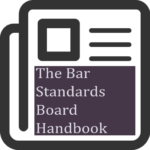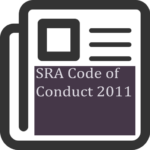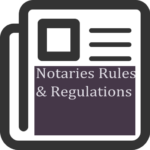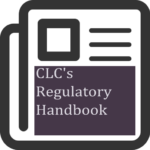![]()
Historically, the legal profession in England & Wales has comprised several different occupational branches. In common with many other professions, several formal codes of conduct have been put in place by regulatory bodies which underpin the activities of members. These codes are drafted and enforced by regulatory bodies representing each professional branch, and are designed to protect the public, clients and other stakeholders engaged in the delivery of legal services from unethical practice.
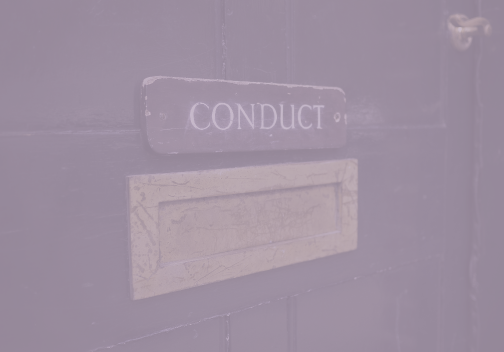
However, simply having written codes of conduct cannot guarantee the ethical performance of professionals. In recent times, there have been a number of high profile professional failures and ‘scandals’ in areas of public concern such as politics, law, medicine, social work, education and commerce. It could be argued that such scandals have been attributable more to the personal weakness, irresolution, greed, self-serving, and sometimes plain folly of individual practitioners: in short, to failures of personal moral character.
Institutions and agencies of professional legal education and training have recently sought to reacquaint members with the ethical principles contained within codes of conduct. It is then for members to acquire and develop the qualities of character such as those discussed in this course, for the robust pursuit of such just practice. Principles of legal ethics may need to concentrate on more virtue-based approaches, which turn away from the action being performed, to the character of the professional making the decisions.
![]()
Regulators provide all professions and professionals with rules of conduct and discipline. Laws and regulations are used as regulatory tools to ensure compliance with such codes. For lawyers, there are different regulators and different sources of regulation, depending on the occupational branch of the law the professional is in. For the purpose of the following activities, we will concentrate on the method of regulation which is through lawyer conduct rules. The Legal Services Board was created by the 2007 UK Legal Services Act and approved the Solicitors Regulation Authority (SRA) as a front-line regulator for solicitors in England and Wales.
![]()
The following provide links to codes of conduct for different occupational branches of the law.
![]()
Use the template to answer the following questions:
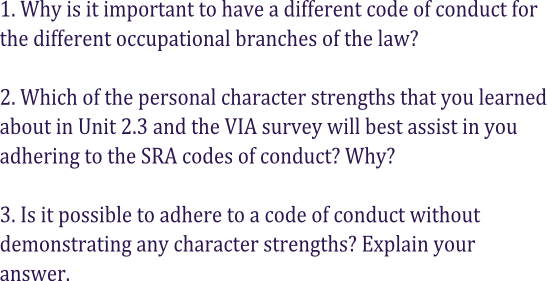
![]()
Write a 500 word essay answering one of the following questions:
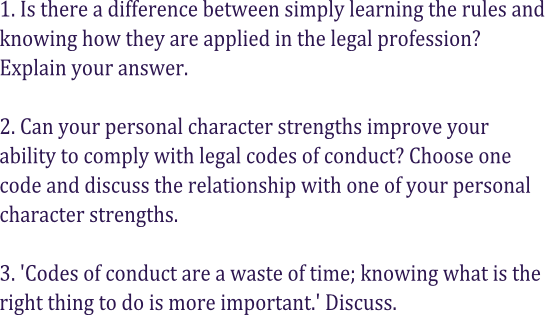
![]()
Consider the ‘you must’ and ‘you should’ terms used in the various legal codes of conduct.
Design your own ethical dilemma scenario which challenges the compliance with the ‘you must’ or ‘you should’ terms. Create a list of actions  available for a legal professional and ask a fellow student to read your dilemma and choose a choice of action.
available for a legal professional and ask a fellow student to read your dilemma and choose a choice of action.
Discuss the course of action with fellow learners.
![]()
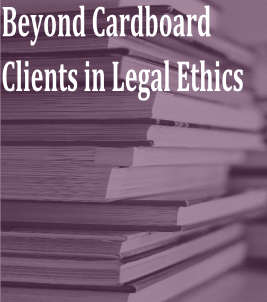 | 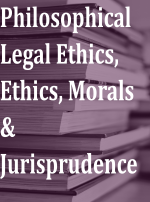 |  |
Eli Wald and Russell G. Pearce-Fidelity – This paper focuses on Fidelity’s conception of lawyers and argues that a new perspective on lawyers’ role that would bridge the gap between the reality of lawyers’ work and the dominant culture of autonomous self-interest would need to offer a more comprehensive account of lawyers and clients as relational actors. | Parker C., et al. – Charles Fried argued that the lawyer’s role as partisan advocate for her clients is morally justified by the relationship between the person and the legal system; each of us should be free to pursue lawful purposes, and can indeed claim a right to be free to act as we choose within the ‘bounds of the law’- this paper is a response to this provocation. | Jan L. Jacobowitz and Scott Rogers – This article discusses the methodology by which Mindful Ethics integrates professional responsibility and mindfulness such that lawyers and law students gain a broader insight into their own ethical decision-making. It will also explore recent neuroscience findings concerning the influences of mindfulness practices on the brain. |




